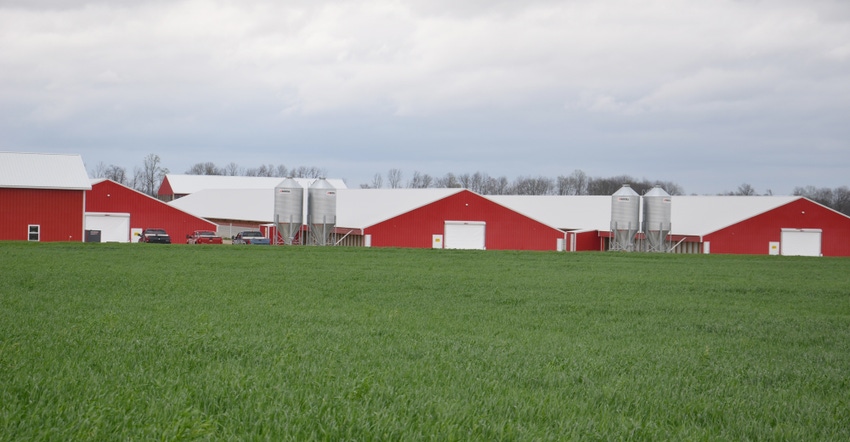Consumer willingness-to-pay for higher welfare is still massive issue facing the industry.
July 2, 2019

Collaboration between veterinarians and producers is crucial in order to meet public demands of high animal welfare, according to international experts at recent Boehringer Ingelheim’s Expert Forum on Farm Animal Well-Being. More than 100 delegates from 17 countries recently gathered in Prague, Czech Republic, for the 12th edition of the conference.
Since 2008, the forum has brought together animal scientists, retailers, veterinarians, producers and industry advocates to discuss the latest research, data and visions on improving the welfare of animals that supply essential global food chains.
This year’s event asked the question: Do consumers and citizens want the same thing? The difference between the two was highlighted by Laura Higham of FAI Farms, who spoke of the “citizen shift” in which individuals who wish to have a greater influence over society – including animal health and welfare – are utilizing spending power to drive ethical food supply chains.
Higham also discussed the variance in farm assurance schemes and whether or not the current schemes meet consumers’ expectations for better animal welfare.
Despite this proven citizen shift, the willingness to pay for higher welfare is a still a massive issue facing the industry, as Dr. Lynn Fewer of Newcastle University noted, adding, “Concerns associated with farm animal welfare and production may not correspond to purchase and consumption practices, with sales of welfare-friendly products much lower than the reported levels of concern. This suggests a discrepancy between an individual’s role as a citizen and as a consumer such that citizens and consumers have different concerns in different contexts.”
Sustainable supply chains were on the agenda in talks from Robert Erhard of Nestlé and Dr. Jeff Brose of Cargill Animal Nutrition USA. Dr. Rory Sullivan with Chronos Sustainability explained to delegates the importance of global farm animal welfare benchmarking schemes for global food companies.
When it came to defining what “animal welfare” really means, speakers across the board were keen to highlight that it does not just mean physical health.
“It’s essential to remember that animals with the absence of pain don’t necessarily have good welfare,” Charlotte Winder from the University of Guelph in Ontario explained in her speech about how vets can assess pain levels in livestock.
This concept led to further discussions on ethical beef production from Rob Drysdale with StraightLine Beef in the U.K. and the fascinating link between antimicrobial resistance and animal welfare from Xavier Manteca, professor at Autonomous University in Barcelona, Spain.
Marianne Villettaz Robichaud with the University of Montreal in Quebec discussed the latest evidence on lying time and cow comfort, while Leopoldo Stuardo Escobar from the World Organization for Animal Health (OIE) gave insights into the OIE Global Animal Welfare Strategy.
Even with access to the latest research and technology, one of the biggest barricades to achieving high animal welfare is behavior and attitudes, which Dr. Anna Wilson and Katie Morton from Innovia in the U.K. highlighted. In their address to delegates and through an insightful interactive workshop, the duo gave practical advice on how to alter both professional and farmer behavior in order to make the end goal of high animal welfare more attainable.
With consumers and stakeholders in the food industry increasingly interested in the production systems behind food products, a key outcome of the conference was the need for greater collaboration between veterinarians and farmers to ensure that supply chains are both sustainable and maximize farm animal welfare.
“We are dedicated to finding ways to improve farm outcomes through supporting farm animal well-being,” said Dr. Laurent Goby, senior global marketing manager at Boehringer Ingelheim. “Forums such as these are pivotal in bringing the best in the business together to explore, discuss and enlighten others on how we can work together to achieve this for industry professionals, farmers and, most importantly, consumers.”
You May Also Like



